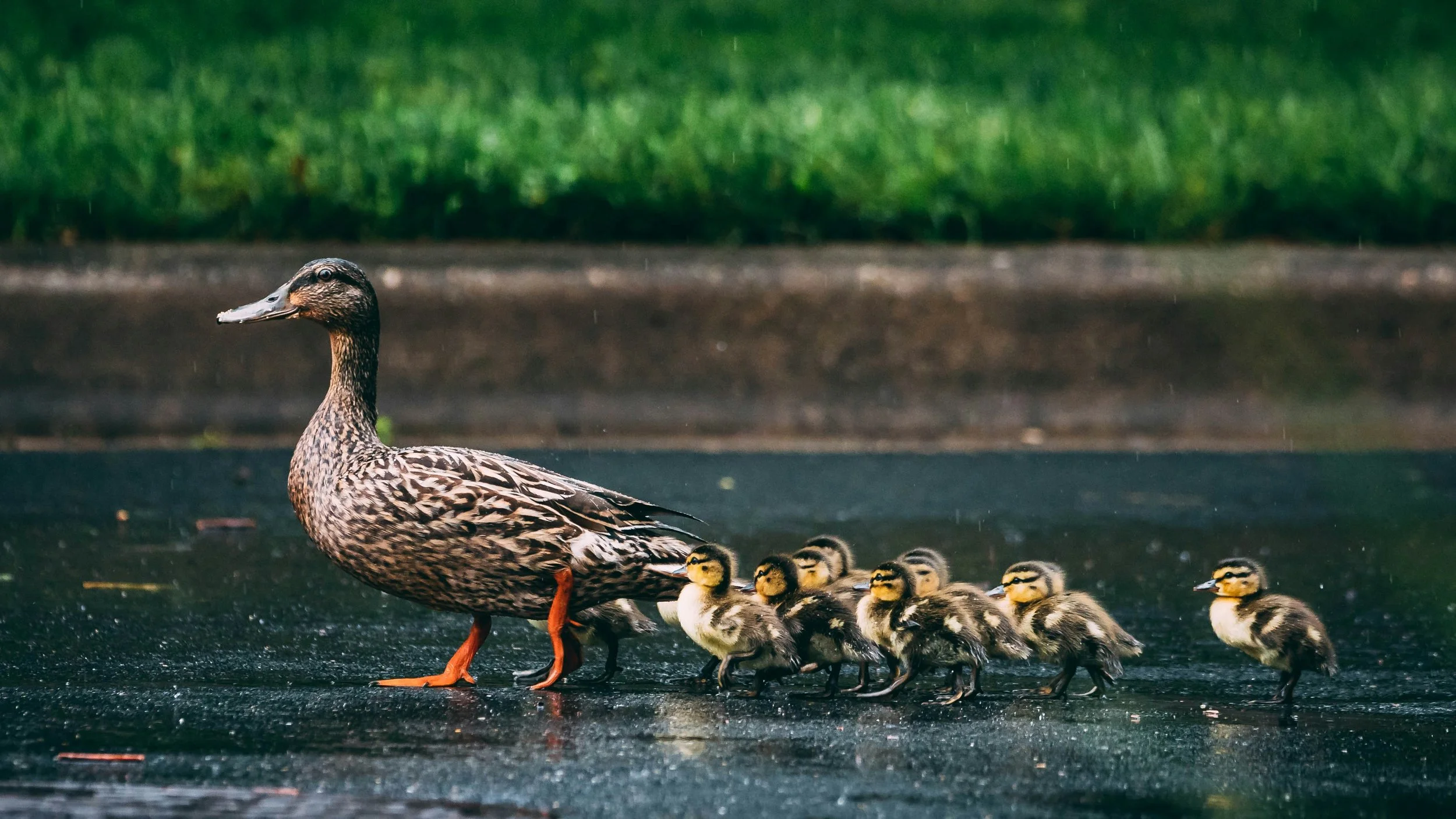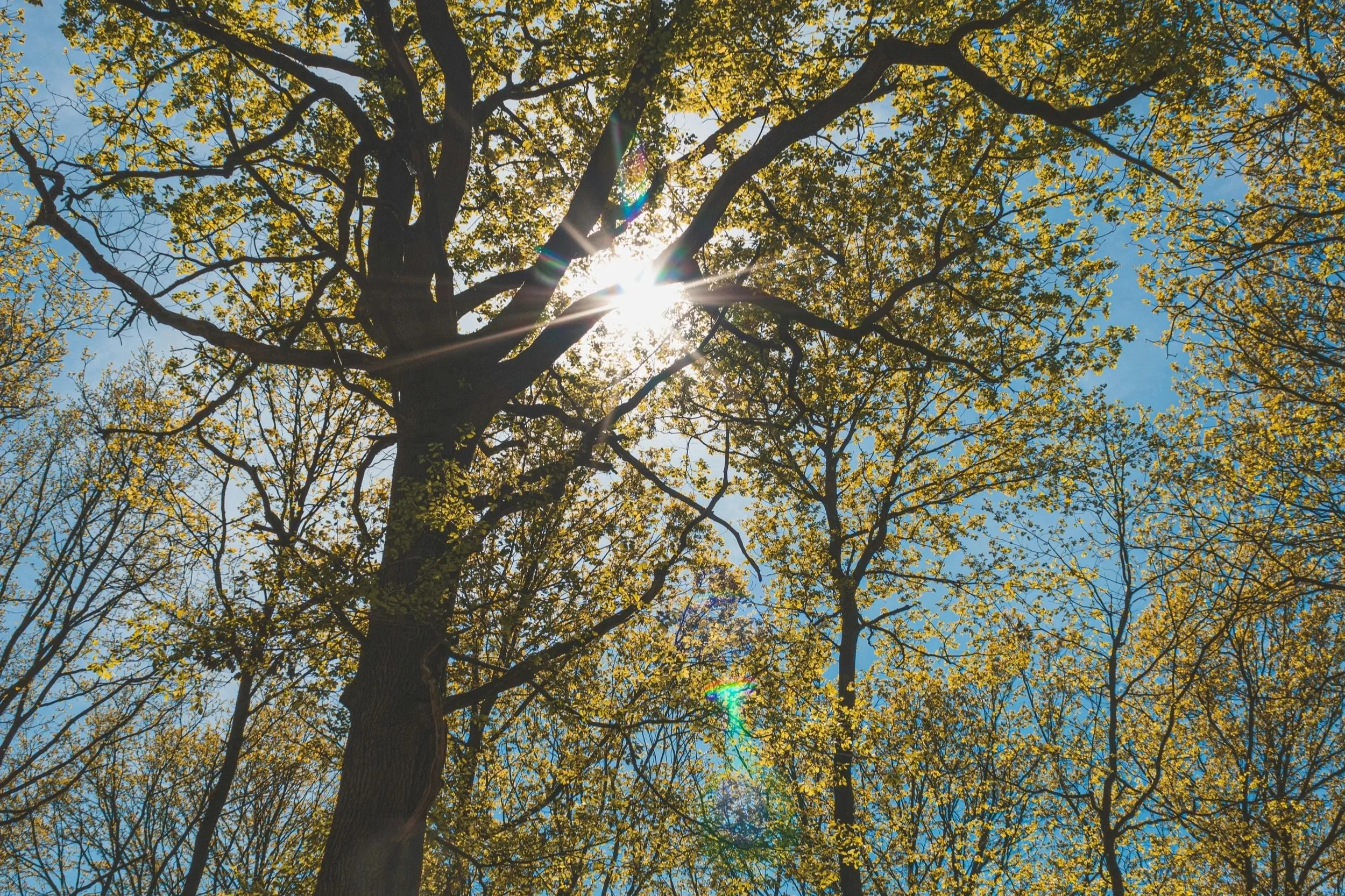By Grace Rowan
“I was trying to stay positive when it felt like my whole world had flipped upside down. Creating a human takes a toll on women’s bodies. Sometimes we don’t give ourselves enough love or patience about that.”
Bringing a new life into the world is nothing short of miraculous. But the days, weeks, and months that follow can be some of the most overwhelming. Postpartum recovery is layered—physical healing, emotional adjustment, and the mental shift into a whole new identity. While medical care, rest, and a strong support system are critical, there’s another quiet, powerful healer that’s often overlooked: nature.
As a new-ish mother myself, I’ve experienced the divine beauty of childbirth and the deep love that comes with holding your baby for the first time. But I’ve also found myself in moments of crushing self-doubt, anxiety, and unexpected loneliness. Motherhood asks everything of you—body, mind, and spirit—and in the process, it can feel like you're losing parts of yourself while trying to nurture a brand new soul.
I remember one particularly difficult day, full of tears and self-blame, when I decided to simply go outside. I strapped my baby into the stroller and walked to a quiet patch of trees near our home. The sun warmed my skin, the breeze brushed my face, and birds chirped softly in the background. It wasn’t magical or dramatic—but it was enough.
Enough to remind me I was still me.
Enough to breathe a little deeper. Enough to feel hope.
That small moment led to a habit. Daily walks. Sitting under trees. Lying on a picnic blanket with my baby beside me. Slowly, I felt my body grow stronger and my spirit start to lift. Nature became a gentle companion in my healing.
The Postpartum Experience & Nature’s Role
After childbirth, hormonal fluctuations, sleep deprivation, and emotional shifts can contribute to stress and postpartum depression (NIH, 2021). Time in nature isn’t a cure-all—but it can be a deeply supportive part of the healing process.
Reducing Stress & Anxiety
Spending time outdoors lowers cortisol levels, helping to calm the nervous system (Ulrich et al., 1991). For me, even five minutes outside with my baby changed the energy of my entire day.
Boosting Mental Health
Sunlight helps regulate serotonin, improving mood and supporting emotional stability (Czeisler & Gooley, 2007). Nature immersion has also been shown to increase emotional resilience (Bratman et al., 2015). When I felt like I was drowning in worries, just being surrounded by life—trees, birds, breeze—brought a sense of grounding.
Encouraging Physical Healing
Gentle walks helped ease my physical recovery while also clearing my head. The movement, fresh air, and light strengthened me day by day (ACOG, 2023).
Enhancing Mother-Baby Bonding
Time outdoors slowed everything down. I noticed more—my baby’s expressions, the sound of her breathing, the way sunlight danced on her tiny fingers. These peaceful moments deepened our connection (Kaplan & Kaplan, 1989).
Improving Sleep Quality
Exposure to natural light helped both of us adjust to a more consistent sleep pattern, which was a game-changer for our well-being (Cajochen, 2007).
Simple Ways to Embrace Nature Postpartum
Step outside for fresh air and sunlight daily—even if it’s just for 5 minutes.
Take gentle walks with your baby in a stroller or carrier.
Find a peaceful outdoor spot you can return to regularly.
Try grounding techniques, like walking barefoot on grass or sitting quietly under a tree.
Join a local mom-and-baby walking group or nature-based postpartum meetup.
Embracing Natural Healing
Motherhood is a profound journey of love, learning, and letting go. While it comes with unmatched joys, it also stretches us in ways we never expected. For me, nature became a quiet, healing space where I could reconnect with myself, move through hard days, and slowly feel whole again.
If you’re a new mother—or love someone who is—consider stepping outside. Let the breeze carry away your worries, let the sunlight warm your healing heart. There is peace waiting for you, just beyond the door.
“Don’t you quit. You keep walking. You keep trying. There is help and Happiness ahead—A lot of it.”
References
American College of Obstetricians and Gynecologists. (2023). Postpartum recovery: What to expect. https://www.acog.org
Bratman, G. N., Hamilton, J. P., & Daily, G. C. (2015). Nature experience reduces rumination and subgenual prefrontal cortex activation. Proceedings of the National Academy of Sciences, 112(28), 8567–8572. https://doi.org/10.1073/pnas.1510459112
Cajochen, C. (2007). Alerting effects of light. Sleep Medicine Reviews, 11(6), 453–464. https://doi.org/10.1016/j.smrv.2007.07.009
Czeisler, C. A., & Gooley, J. J. (2007). The impact of light on circadian rhythms. Sleep Medicine Clinics, 2(2), 193–201. https://doi.org/10.1016/j.jsmc.2007.03.002
Kaplan, R., & Kaplan, S. (1989). The experience of nature: A psychological perspective. Cambridge University Press. National Institutes of Health. (2021). Postpartum depression: Symptoms and treatment. https://www.nimh.nih.gov
Ulrich, R. S., Simons, R. F., Losito, B. D., Fiorito, E., Miles, M. A., & Zelson, M. (1991). Stress recovery during exposure to natural and urban environments. Journal of Environmental Psychology, 11(3), 201–230. https://doi.org/10.1016/S0272-4944(05)80184-7




